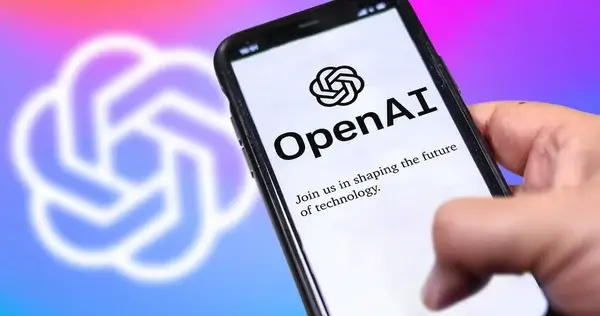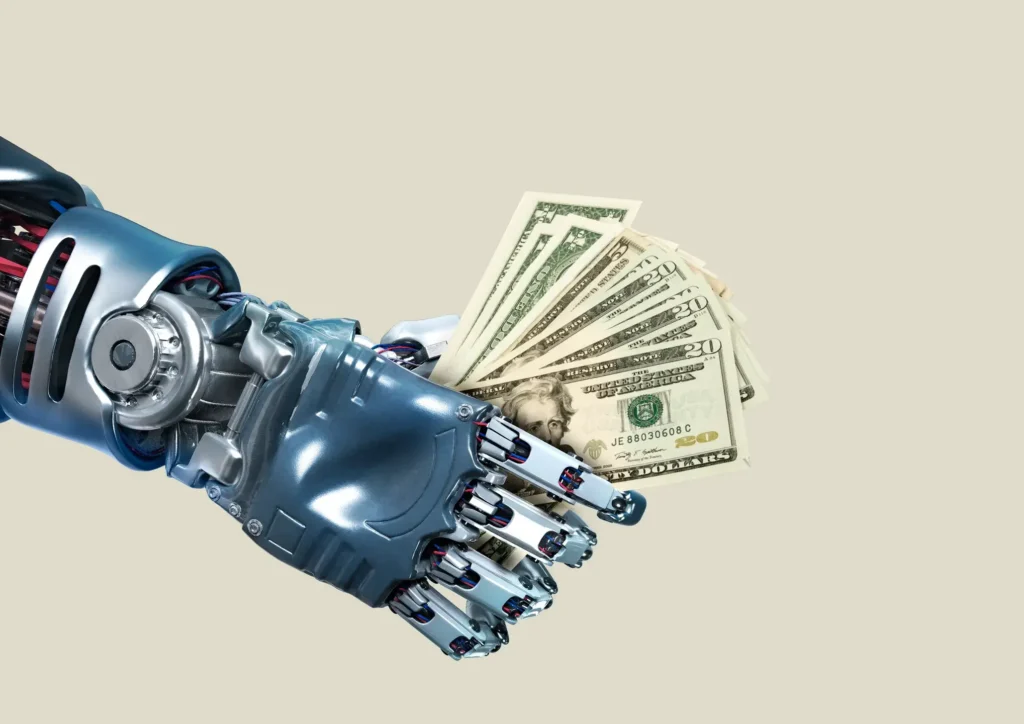OpenAI has rapidly risen from an ambitious startup to one of the most influential companies shaping the future of artificial intelligence. But despite its towering presence in the tech world, much mystique still surrounds the creators, investors, and evolution of this trailblazing AI lab.
In this post, we’ll get to the core of OpenAI by exploring its origins, pivotal transitions, ownership structure, partnerships, products, and aspirations. Read on for an insider perspective on the talents propelling this organization to the cutting edge of artificial intelligence innovation.
The Non-Profit Roots of OpenAI

OpenAI was founded in 2015 by an alliance of Silicon Valley figures committed to responsibly advancing AI for the benefit of humanity.
The seed group of donors and scientists included renowned entrepreneur Elon Musk, Y Combinator President Sam Altman, LinkedIn co-founder Reid Hoffman, and PayPal co-founder Peter Thiel.
These tech luminaries contributed $1 billion in initial funding to launch OpenAI as an ambitious non-profit research outfit aimed at promoting open access to artificial intelligence.
Leading this charge were co-chairs Greg Brockman, formerly CTO of Stripe, and world-class AI researcher Ilya Sutskever. Their technical prowess attracted a team of top scientists to join the undertaking.
The Shift to a For-Profit “Capped” Model

After four years as a philanthropic endeavor, OpenAI underwent a significant restructuring in 2019.
The costs of pursuing state-of-the-art artificial intelligence proved unsustainable under a strictly non-profit model.
So while the overarching OpenAI Inc. non-profit still guides the mission, a new for-profit limited partnership – OpenAI LP – was created to court outside investment.
However, to maintain focus on beneficial AI development rather than profit maximization returns to investors are capped at 100x their investment.
Microsoft Bets Big on the Future of OpenAI

Following this shift, Microsoft saw immense potential in OpenAI’s technologies and allocated massive resources to accelerate their progress.
In 2019, Microsoft invested $1 billion into OpenAI, becoming its exclusive cloud provider. This enabled OpenAI to tap into Azure’s AI supercomputing capabilities.
In 2022, Microsoft went even further, announcing an additional $10 billion investment to continue boosting OpenAI’s research and develop new products integrating its models.
This vast influx of funding and cloud infrastructure has profoundly shaped the evolution of OpenAI in recent years.
OpenAI’s Greatest Hits: DALL-E, GPT-3, and More
Long before ChatGPT stole the spotlight, OpenAI spent years honing its skills through influential AI models.
In 2016, the lab released OpenAI Gym and Universe to accelerate reinforcement learning research.
Then in 2018 came the original GPT natural language model, followed by the even more advanced GPT-2 in 2019.
2020 saw the launch of GPT-3, which was astounded with its 175 billion parameters and human-like text generation.
OpenAI’s image synthesis gained renown in 2021 through DALL-E, which creates images from text captions. Its successor DALL-E 2 arrived in 2022.
These innovations laid the groundwork for OpenAI’s greatest viral hit, ChatGPT, which debuted in November 2022.
Who Calls the Shots at OpenAI Today?
Given its high-profile origins, some assume Elon Musk owns OpenAI. But he stepped down in 2018 and no longer oversees operations.
Instead, OpenAI is governed by its board of directors and stakeholders. As CEO, Sam Altman charts the strategic course.
The board also includes Chief Scientist Ilya Sutskever, CTO Greg Brockman, and other tech leaders and investors.
While many parties hold equity, no single entity dominates OpenAI’s decision-making. Its future remains steered by cooperative efforts.
Balancing Open Research and Commercial Viability
As its capacities balloon thanks to backing from Microsoft and others, OpenAI faces growing pressure to balance its research mission with business realities.
Some critics worry its public interest vision has been distorted by profit motivations and lack of oversight.
Yet its leadership maintains that sharing beneficial AI openly, while sustaining quality through commercial funding, is the only path to realize its ethos.
Regardless, ensuring transparency and thoughtful self-regulation will become more crucial as OpenAI’s systems advance.
What Does the Future Hold for OpenAI?
Given the tremendous hype surrounding ChatGPT, anticipation runs high for what OpenAI might unveil next.
Its roadmap includes making models more robust, contextual, creative, and safe through carefully managed testing and feedback.
While the specifics remain under wraps, we likely haven’t seen the last game-changing demonstration of what artificial intelligence is capable of achieving in the right hands.
The Minds Behind the Magic of OpenAI
OpenAI has captivated the public imagination about the possibilities of AI. But realizing its vision takes an ensemble of talent.
From high-profile backers like Elon Musk and Reid Hoffman to builders like Sam Altman, Greg Brockman, and Ilya Sutskever, its achievements have drawn upon a remarkable aggregation of technologists and investors.
While plenty of mystery still surrounds this organization, one thing is certain – OpenAI boasts an all-star roster of brains poised to shape our AI-powered future.
FAQs About OpenAI
Who founded OpenAI?
OpenAI was co-founded in 2015 by Sam Altman, Greg Brockman, Elon Musk, Reid Hoffman, Jessica Livingston, and others.
Is OpenAI owned by Microsoft?
No, Microsoft is a major investor but OpenAI remains an independent company. Its board and shareholders collectively own the organization.
How is OpenAI funded?
OpenAI is funded through donor contributions, equity investors, commercial partnerships, and fees for access to its AI models. Microsoft has been its biggest financial backer.